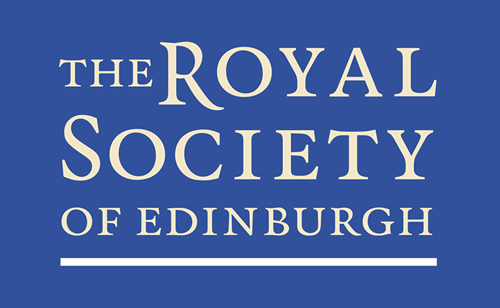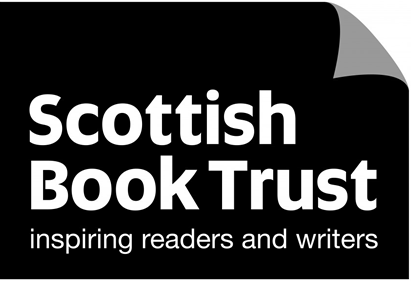We are a group of academics from the fields of neuroscience, literature, film studies and psychology working in partnership with The Scottish Book Trust and the Glasgow Women's Library
Project Lead
Dr Elspeth Jajdelska
Dr Elspeth Jajdelska studied English language and literature at Glasgow University and completed a PhD on seventeenth-century diaries at Leeds University in 1996. She then worked as a fund manager for an Edinburgh firm for three years, before spending a year and a half at the Jagiellonian and Pedagogical Universities in Krakow, Poland.
Elspeth came to Strathclyde in 2001 and is currently a Senior Lecturer in English. She has two completed books on the history of reading in the seventeenth and eighteenth centuries. In both, she aims to reconnect the history of reading with the history of speech. Elspeth also researches how cognitive science can help us to understand literary experience.
To support this work she completed an MSc in Mind, Language and Embodied Cognition in 2016 (distinction), and is also a Principle Investigator on a Royal Society of Edinburgh funded network looking at cognitive differences in narrative processing by language versus moving image.
Collaborators
- Dr Miranda Anderson, University of Stirling, English
- Dr Chris Butler (Chief Investigator for this project), University of Oxford, Neurology
- Prof Nigel Fabb, University of Strathclyde, English
- Dr Liz Finnigan, South Regional College, Northern Ireland, English
- Dr Ian Garwood, University of Glasgow, Film Studies
- Dr Steve Kelly, University of Strathclyde, Psychology
- Professor Karin Kukkonen, University of Oslo, Comparative Literature and Narratology
- Dr Sinead Mullally, University of Newcastle, Psychology
- Professor Stephan Schwan, University of Tübingen, Psychology
Partners
Scottish Book Trust
The Scottish Book Trust is a national charity that works to promote a love of reading across the lifespan and to ensure that everyone has the opportunity to develop and improve their literacy skills.
Learn more about the Scottish Book Trust
Glasgow Women's Library
Glasgow Women's Library is a lending library and a museum holding historical and contemporary artefacts that celebrate the lives, histories and achievements of women.
Learn more about the Glasgow Women's Library



